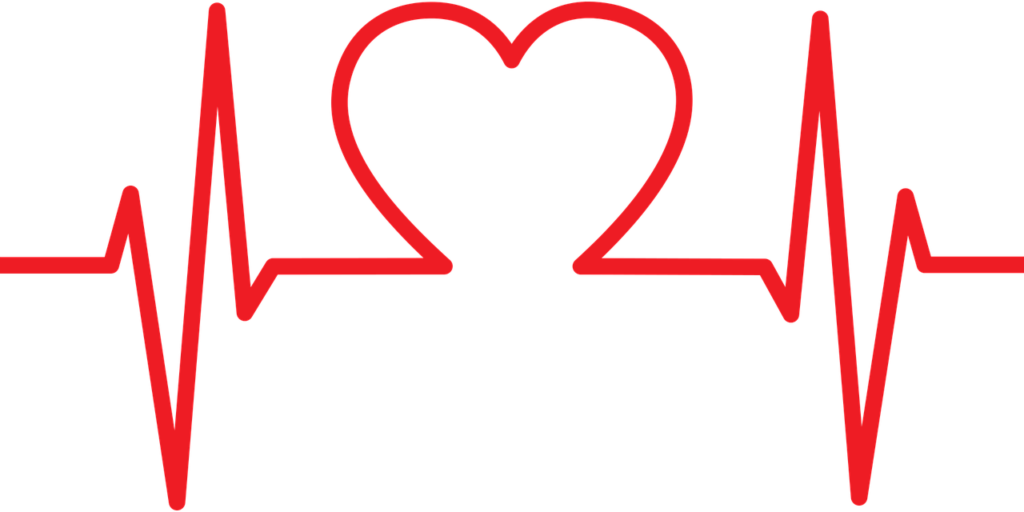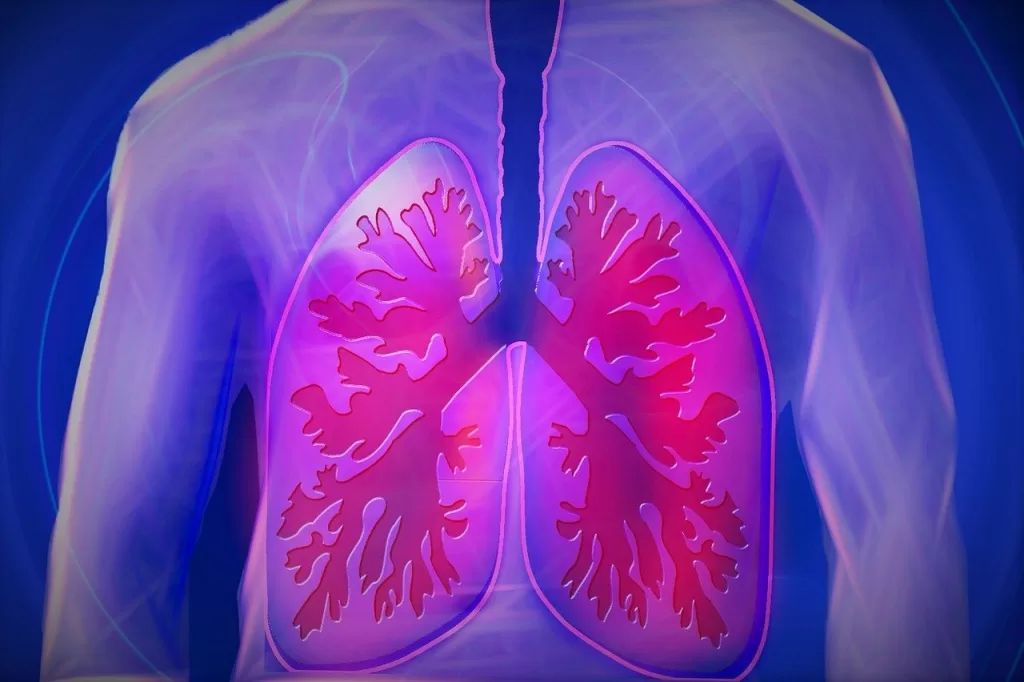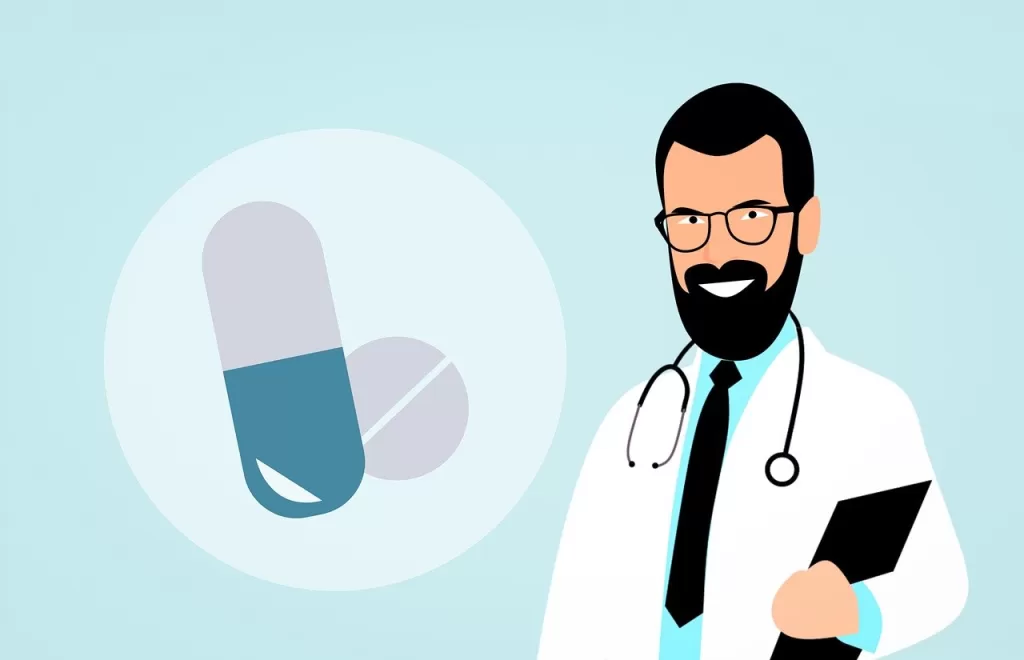Chest pain can be a cause for alarm for you even when it doesn’t have to. Often it makes us fear the worst: a heart attack. However, not all chest pain is related to the heart. Understanding the various causes of chest pain and knowing how to differentiate between cardiac and non-cardiac chest pain is very important for maintaining good health and peace of mind. In this comprehensive guide, I will explore the different sources of chest pain, the red flags for heart-related chest pain, and the steps you can take to ensure your chest pain is not heart-related.
Understanding the Anatomy of Chest Pain
To distinguish heart-related chest pain from non-cardiac causes, it is essential to have a basic understanding of the anatomy of the chest and the structures that can generate pain:
- The Heart: The heart is a muscular organ that pumps blood throughout your body. Pain originating from the heart is often described as a crushing, squeezing, or heavy sensation. It is typically located in the center of your chest and may radiate to the left arm, jaw, neck, or back.
- Esophagus: Your esophagus is a tube that carries food from the mouth to the stomach. Chest pain related to the esophagus, such as acid reflux or esophageal spasm, can mimic heart-related pain and is often described as a burning sensation behind your breastbone.
- Lungs and Pleura: Lung-related chest pain can result from conditions like pneumonia, pleurisy (inflammation of the lining around the lung), or a pulmonary embolism. Lung pain is often sharp and worsens with deep breathing or coughing.
- Musculoskeletal Structures: Chest pain can also originate from the muscles, bones, and cartilage of your chest wall. Conditions like costochondritis (inflammation of the cartilage connecting the ribs to the breastbone) and muscle strains can cause localized pain that is typically sharp and worsens with movement.
How to Identify Cardiac Chest Pain’s Red Flags
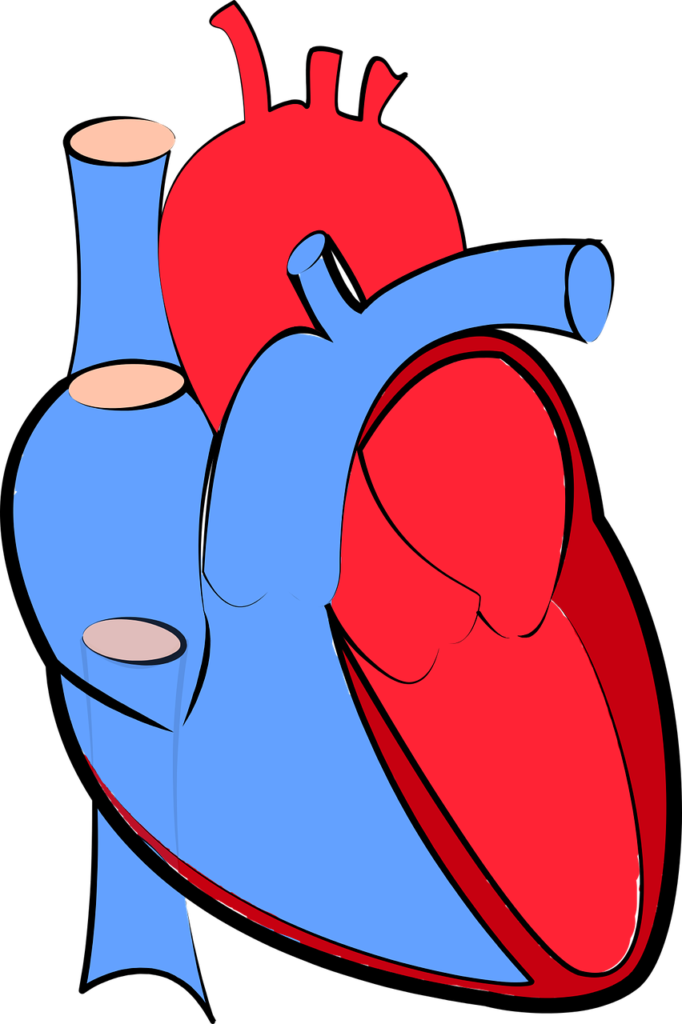
While not all chest pain is heart-related, certain characteristics should raise concerns and prompt immediate medical attention:
- Chest Pain During Physical Activity: Angina, a condition where the heart muscle doesn’t get enough blood flow, often causes chest pain during exertion. If your chest pain occurs during physical activity and improves with rest, it could be a sign of a heart issue.
- Pain Radiating to the Arm, Jaw, Neck, or Back: Chest pain that spreads to the left arm, jaw, neck, or back is a classic symptom of a heart attack and should be taken seriously.
- Shortness of Breath: If chest pain is accompanied by sudden shortness of breath, it could indicate heart-related problems, especially if you have a history of heart disease.
- Sweating and Nausea: Profuse sweating and nausea, along with chest pain, can be warning signs of a heart attack.
- Pain Lasting Longer than 15 Minutes: While non-cardiac chest pain can come and go, heart-related pain often persists for more than 15 minutes.
Common Causes of Non-Cardiac Chest Pain
Understanding the various non-cardiac causes of chest pain can help you differentiate between heart-related and benign pain:
- Gastroesophageal Reflux Disease (GERD): Acid reflux can cause a burning sensation in your chest, often mistaken for heart-related pain. It is exacerbated by lying down or bending over.
- Musculoskeletal Issues: Conditions like costochondritis, muscle strains, or rib injuries can lead to sharp chest pain that worsens with movement or deep breathing.
- Lung Conditions: Pneumonia, pleurisy, or a pulmonary embolism can all result in chest pain. These conditions are often associated with cough, fever, or difficulty breathing.
- Anxiety and Panic Attacks: Anxiety and panic disorders can produce symptoms that mimic heart-related chest pain, such as a racing heart, shortness of breath, and a sense of impending doom.
- Digestive Issues: Conditions like gastritis, gallstones, or hiatal hernias can cause chest discomfort, which may be mistaken for heart pain.
When Should You Seek Medical Attention
If you experience chest pain and are unsure whether it is heart-related or not, it is always better to err on the side of caution. You should seek immediate medical attention in the following scenarios:
- You have risk factors for heart disease, such as smoking, high blood pressure, diabetes, or a family history of heart problems.
- The pain is severe, prolonged (lasting more than a few minutes), or associated with any of the red flags mentioned earlier.
- You are experiencing other concerning symptoms like dizziness, fainting, or confusion.
- You are over 40 and have never experienced chest pain before, especially if it is accompanied by risk factors or other symptoms.
Diagnostic Tests and Evaluation
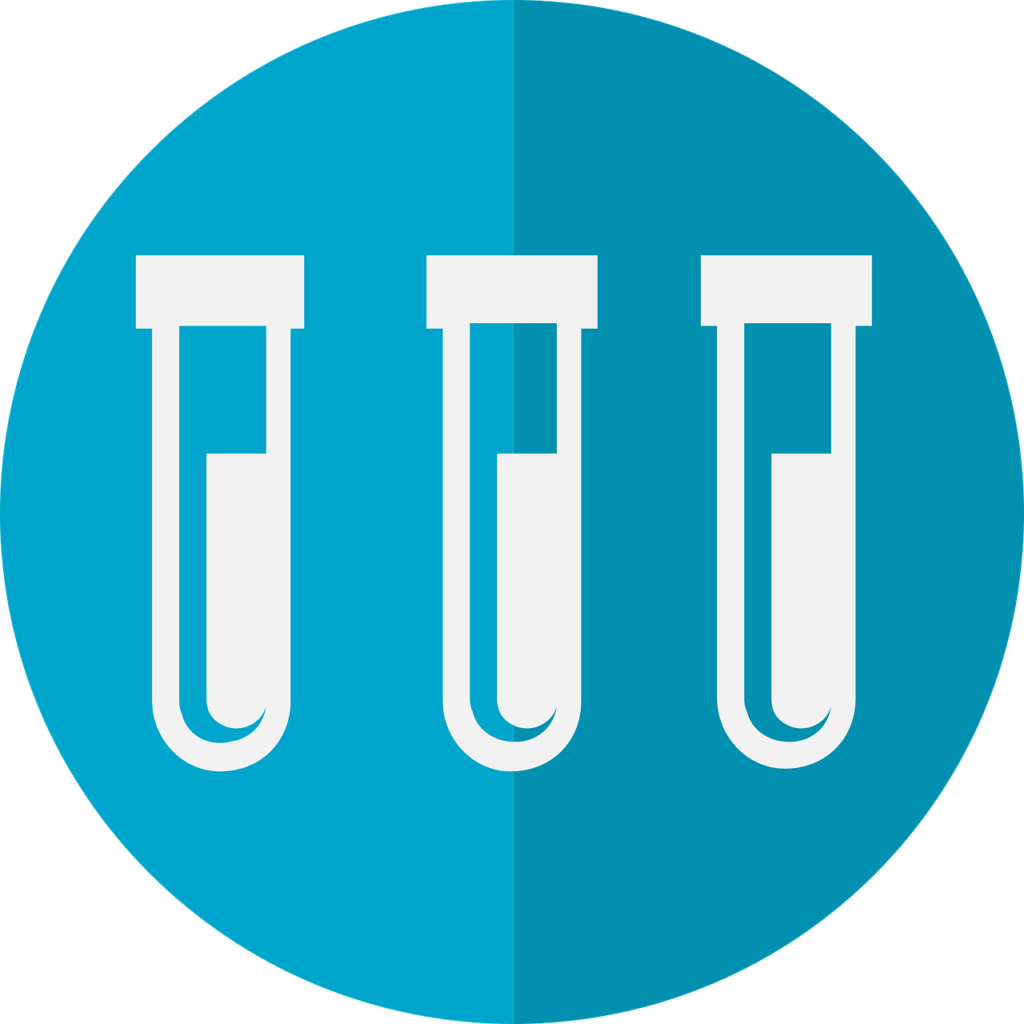
Medical professionals have various tools and tests at their disposal to determine the cause of your chest pain:
- Electrocardiogram (ECG or EKG): This test measures the electrical activity of the heart and can help diagnose heart-related issues.
- Blood Tests: Cardiac enzymes and biomarkers can indicate if there has been damage to the heart muscle.
- Imaging: X-rays, CT scans, and MRIs can help identify lung and musculoskeletal problems.
- Endoscopy: If GERD is suspected, an endoscopy may be performed to examine the esophagus and stomach.
- Stress Test: This assesses heart function during physical activity and can help diagnose angina pectoris or other heart issues.
- Esophageal pH Monitoring: This test measures acid levels in the esophagus to diagnose acid reflux.
Chest pain is a common symptom, but it does not always indicate that you have a heart problem. Distinguishing between cardiac and non-cardiac chest pain is essential for timely and appropriate medical care. While this guide provides you with a comprehensive overview, always consult a qualified healthcare professional for an accurate diagnosis and appropriate treatment. Remember that when it comes to chest pain, it’s better to be safe than sorry, especially if you experience any of the warning signs associated with heart-related issues. Your health and well-being should always be the top priority.
You can manage your health with health nutrition, check out our amazing health plan.
For additional health resources, visit www.medicalantidote.com.
